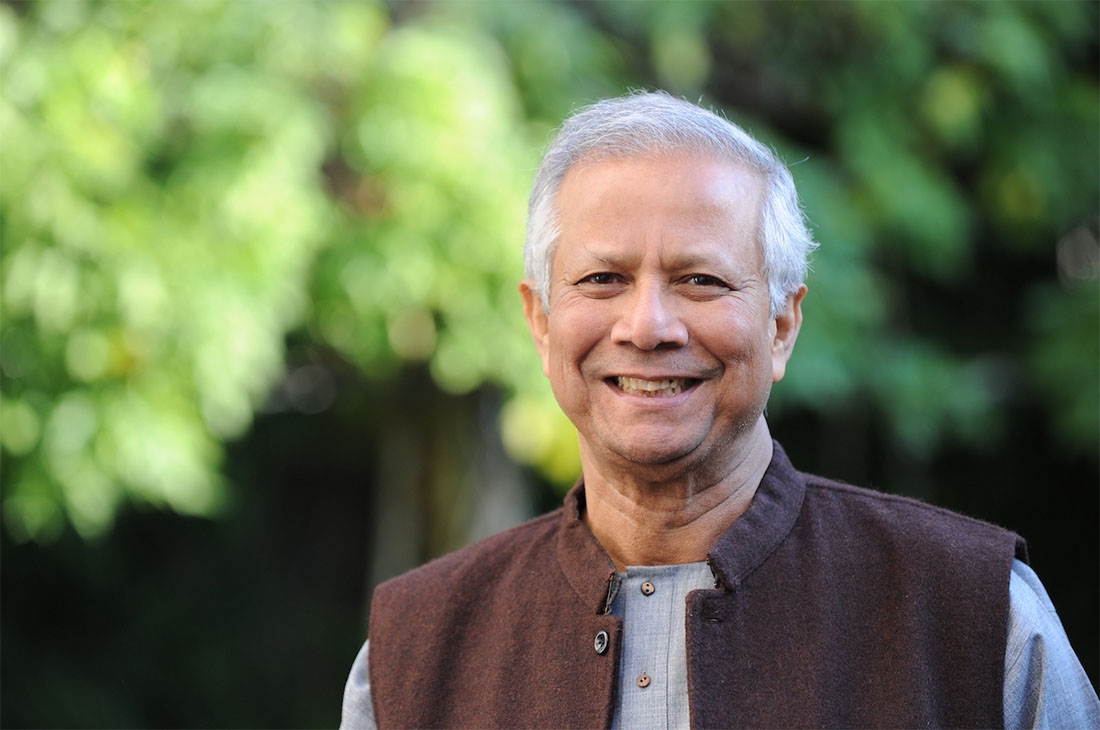
Photo Credit: Getty Images
Nobel laureate Muhammad Yunus has been appointed as Bangladesh's interim leader following the dramatic ousting of Prime Minister Sheikh Hasina. The 84-year-old economist and pioneer of microloans was named interim chief a day after Hasina fled the country amid deadly protests demanding her resignation.
The appointment came after intense negotiations between President Mohammed Shahabuddin, military leaders, and student leaders who led the protests. The students, rejecting a military-led government, insisted on Yunus as the interim administration's leader. "When the students who sacrificed so much are requesting me to step in at this difficult juncture, how can I refuse?" Yunus remarked, returning to Dhaka from Paris where he was undergoing a minor medical procedure.
The unrest in Bangladesh started in early July with university students demanding the abolition of civil service job quotas. It quickly escalated into a nationwide anti-government movement. Over 400 people have died in clashes between government forces and protesters, with the single deadliest day on Monday claiming more than 100 lives. Police stations were torched, and chaos ensued as protesters stormed and looted the former Prime Minister's official residence in Dhaka, prompting Hasina's resignation and flight to India.
Hasina's nearly 15-year rule ended abruptly as criticism mounted over her suppression of dissent and imprisonment of political opponents. Among those released following her departure were former Prime Minister Khaleda Zia, leader of the main opposition Bangladesh Nationalist Party (BNP), and activist Ahmad Bin Quasem, a victim of forced disappearance during Hasina's tenure. Zia, who boycotted elections in 2014 and 2024 citing unfair conditions under Hasina, had been imprisoned in 2018 on corruption charges she claimed were politically motivated.
Yunus himself has been a long-time adversary of Hasina, facing various allegations, including a recent six-month jail term for labor law violations, which he claimed were politically motivated. Despite his legal troubles, Yunus is internationally renowned for founding Grameen Bank in 1983, which provided microloans to help the poor start small businesses. His work earned him the Nobel Peace Prize in 2006, though Hasina accused him of exploiting the poor with high interest rates.
The international community has called for Bangladesh to maintain democratic principles during this transition. US Secretary of State Antony Blinken emphasized the need for the interim government to respect the rule of law and reflect the will of the people. Australian Foreign Minister Penny Wong urged all parties to avoid violence and uphold universal rights.
As Bangladesh navigates this turbulent period, Yunus's leadership will be crucial in steering the nation towards stability and democratic governance.
















